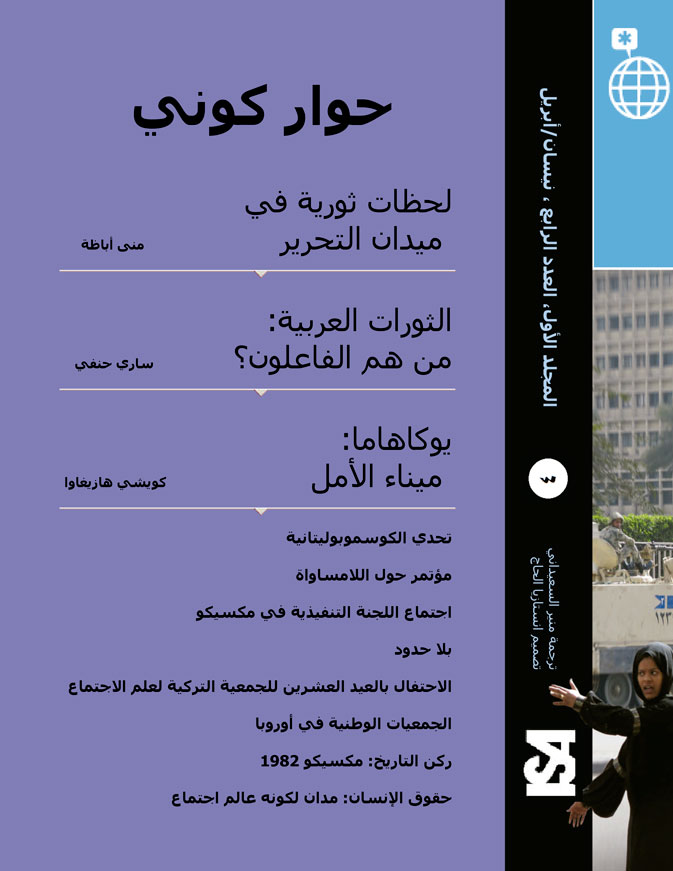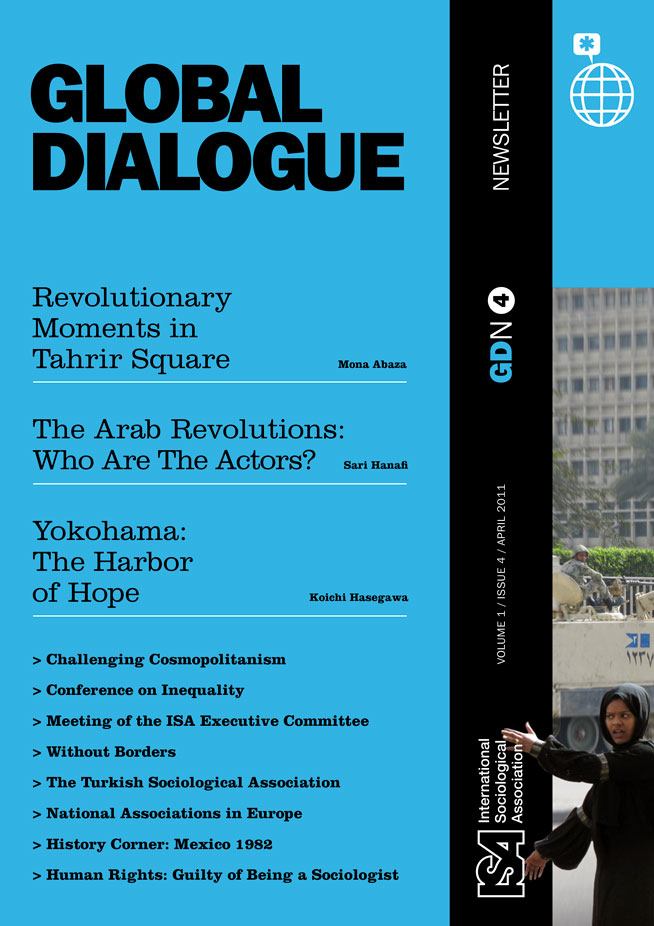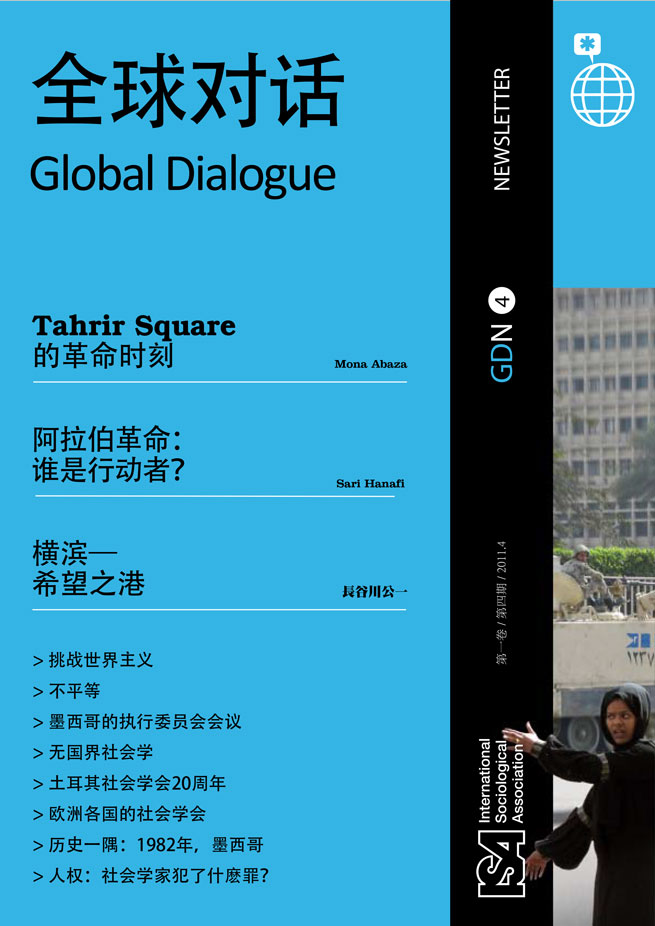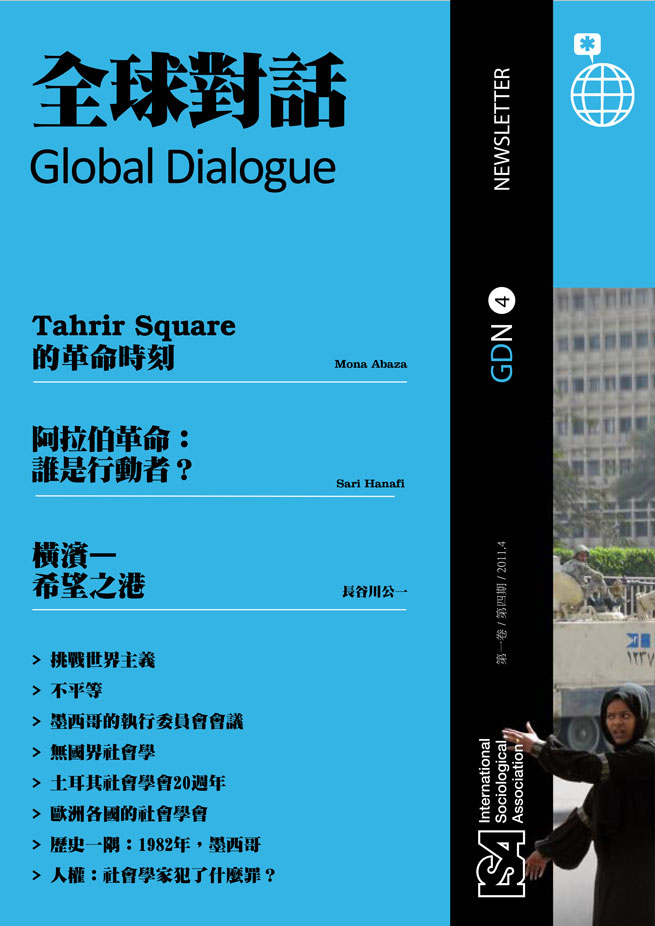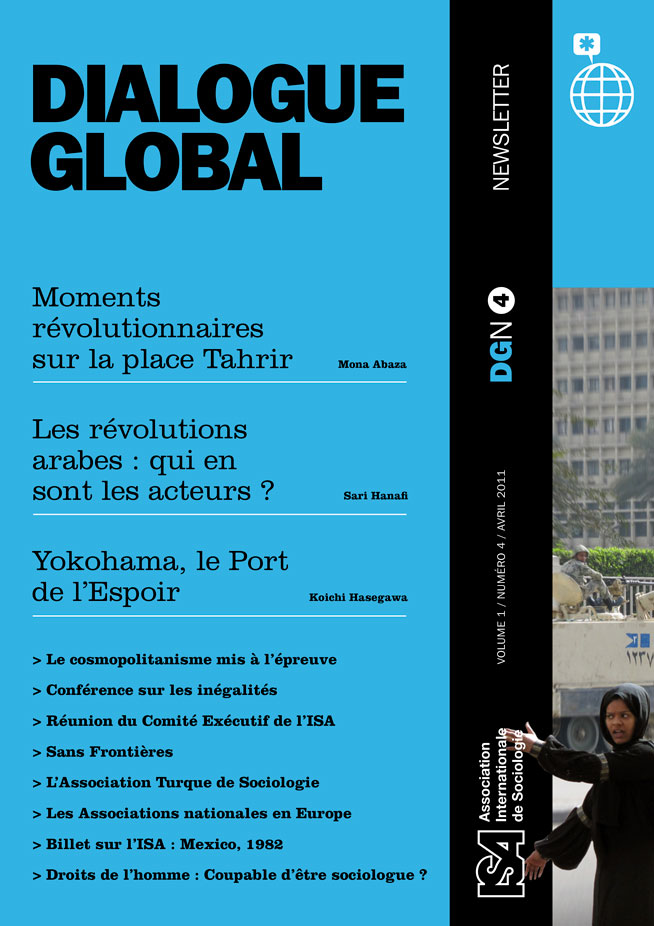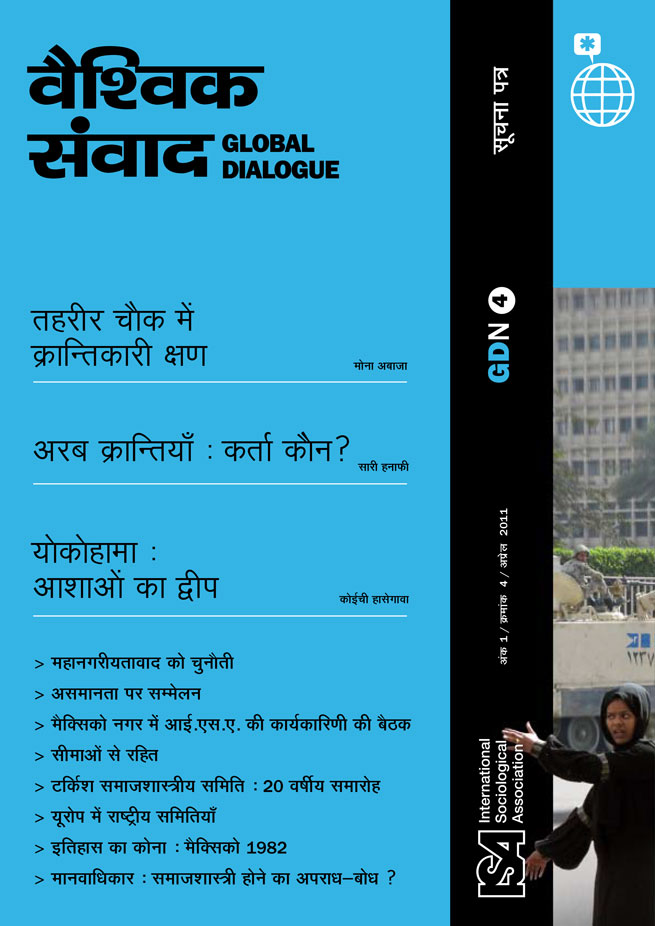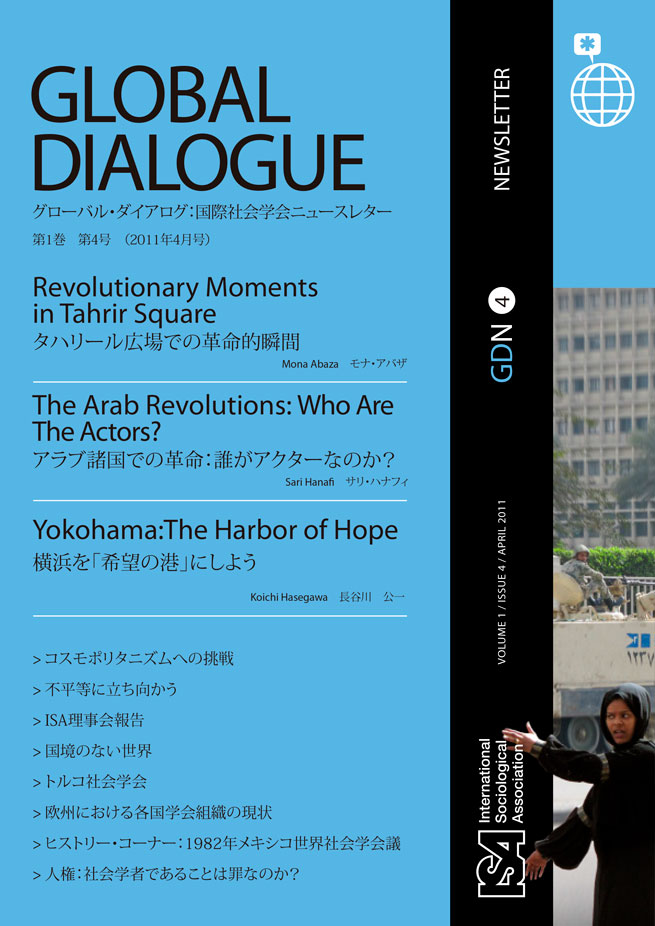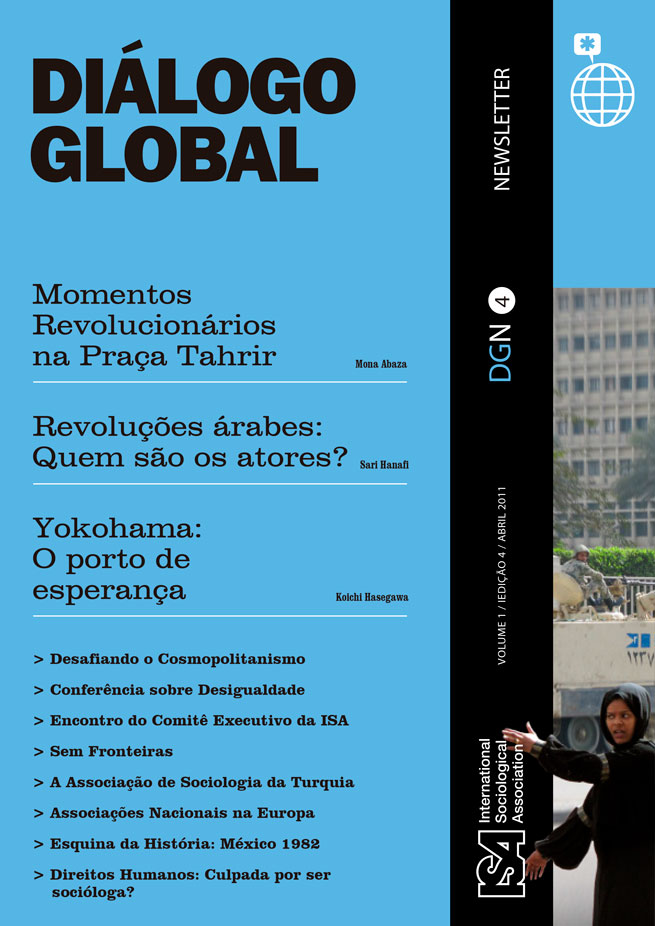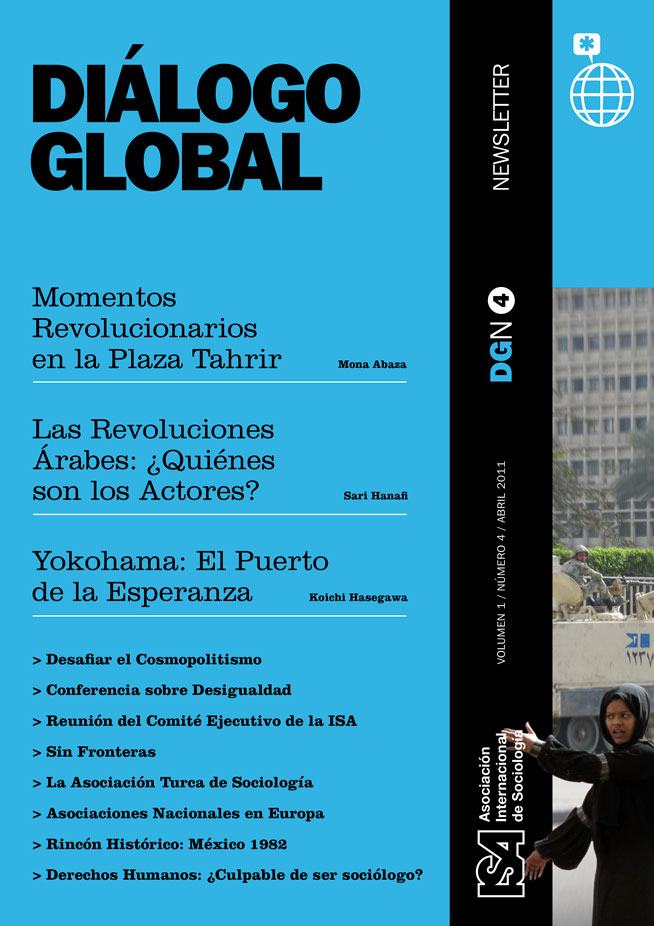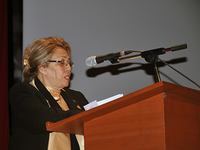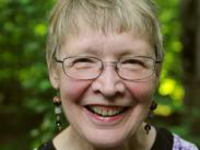ISA Executive Committee 2011 Meeting in Mexico City
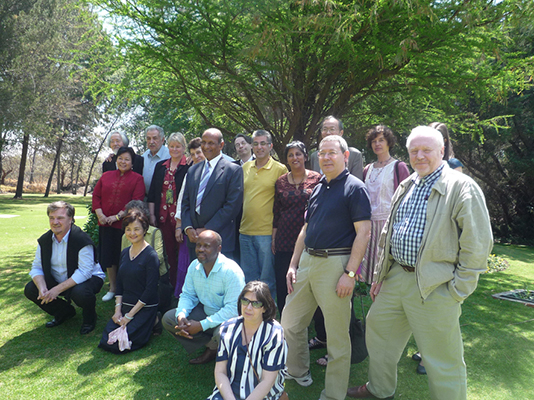
May 07, 2011
The ISA Executive Committee spent 5 days meeting in Mexico City, generously hosted by the Faculty of Political and Social Sciences at UNAM, Universidad Nacional Autónoma de México, in particular by its Dean, Dr. Fernando Castañeda Sabido, who is also President of the Mexican Sociological Association, and Dr. Raquel Sosa Elízaga who is also Vice-President of the ISA for Program. The 5 day marathon began with a day-long meeting of the Program Committee, and then meetings of the Publications Committee chaired by VP, Jennifer Platt, the Finance and Membership Committee chaired by VP, Robert Van Krieken, the National Liaison Committee, chaired by VP, Tina Uys, and the Research Coordinating Committee, chaired by VP, Margaret Abraham. The Executive Committee met as a whole for two days at the end of the week. Simultaneous with the meetings of the various committees our hosts organized an exciting conference, drawing on Mexican and ISA sociologists, addressing the theme Facing Inequality: A Challenge for the Contemporary World, prefiguring the debates at the ISA World Congress in Yokohama. I reported on my various visits to different countries since being elected President at the Gothenburg Congress and then presented progress on our new Digital Worlds: the new newsletter, Global Dialogue, now appearing in 9 languages 6 times a year; the open university, Global Sociology, Live!; our own Sociotube devoted to sociology in action; and fi nally our blog, Universities in Crisis. They have all been well received and the ISA now has an active Facebook page that has drawn a lot of attention. I emphasized the importance of connecting teams of young sociologists across the globe to work on these Digital Worlds.
Part of my commitment to Digital Worlds is to create greater openness and transparency both in the operations of the Executive Committee and in its relation to the National Associations, Research Committees and general membership. So we will now publish a short annual report of our proceedings, like this one, in Global Dialogue, including the EC’s major decisions. We also discussed a set of principles that would govern our decision-making and deliberations, including recognition of ‘conflict of interests’.
We agreed that I would set up a number of subcommittees to deal with questions concerning the human rights of sociologists, early-career sociologists, ISA prizes, and the affiliation of ISA to other international organizations. What follows are summaries of the reports of the individual Vice-Presidents.
Margaret Abraham, Vice-President for Research
The Research Coordinating Committee (RCC) had a productive meeting in Mexico City. It addressed matters arising from the previous RCC meeting in Gothenburg. This included posting online the updated Aims and Requirements for Research Committees and approving the recommendation to increase the minimum number of members required to establish a Research Committee (RC) from 25 to 50 ISA members in good standing, and 25 members to establish a Working Group (WG). Margaret Abraham presented reports on Congrex (based on input from RCs, WGs and TGs – Thematic Groups) and on the plans for the 2012 Forum in Buenos Aires. The RCC discussed these reports and other RC related matters including the RC51 Board elections. It also reviewed proposals for two new Thematic Groups: (1) Institutional Ethnography and (2) Senses and Society. The former was approved while the latter is under review. A major portion of the meeting was devoted to the review and approval of ISA Research Committee grant applications for 2011.
Jennifer Platt, Vice-President for Publications
ISA journals have been doing well, with increased submissions, circulation and citations. However, editors’ workloads have increased, and some previous local financial support has been withdrawn; a (successful) bid, supported by details of current costs, was therefore made for increased funding. Efforts are being made to identify regional problems in accessing digital content, so that policy can be adapted as required. A volume translating important work written by scholars from North East Asia is planned in connection with the Yokohama 2014 World Congress of Sociology.
No complete application for the next editorship of the International Sociology Review of Books was received by the deadline; it was agreed to extend this, and to encourage further candidates to apply. The editor of Current Sociology has run workshops for potential authors, and a ‘Meet the Editors’ session was held in Mexico City. Similar activities will be organized at as many meetings and training activities as possible.
Raquel Sosa, Vice-President for Program
The Program Committee for the World Congress in Yokohama (2014) is composed of the President, the Vice-Presidents for Research and National Associations, 4 members of the Executive Committee, the chair of the Local Organizing Committee and 6 social scientists chosen for their expertise, and representation of different academic traditions and regions. The committee is chaired by the Vice-President of Program. Its basic task is to shape the scientific program and debates that will take place in Yokohama by organizing the various plenaries, ‘author meets critics’ sessions, integrative sessions, etc. in accordance with the theme: Facing an Unequal World: Challenges for a Global Sociology.
At its first meeting, the Program Committee determined the overall schedule of the program and the four main themes for plenaries: multidimensional analysis of inequality, dynamics of inequality, issues of justice, and finally, alternative ways of overcoming inequality. We hope that these guidelines will be stimulating for our Research Committees and National Associations and that they will serve to nurture fruitful academic exchanges as well as proposals to address one of the most pressing problems of the contemporary world.
Tina Uys, Vice-President for National Associations
The National Associations Liaison Committee (NALC) discussed the applications for regular collective membership and website development and regional conference grants from the National Associations. Applications from the Argentinian, Bangladesh, Irish, Lebanese and the Mozambican Sociological Associations were approved. Members of the NALC were appointed to act as liaisons for the new members.
When discussing the grant applications the NALC considered it important to clarify the requirements for the two grants. A website development grant is awarded for assistance in establishing a functioning website for a national association. Support for a substantial revision of a website is a low priority. It was also decided that National Associations shoul d be encouraged to provide the home page of their websites in one of the official languages of the ISA. The aim of a grant for a regional conference is to provide funding for fostering dialogue across national borders in a region or for cross-region workshops. Website development and regional workshop grants were awarded to the Albanian Institute of Sociology and the Kyrgyzstan National Association; the Spanish and Portuguese National Associations received a joint grant for the organisation of a regional workshop. It was also decided that the progress report that each grant recipient has to submit, should be made available at the following EC meeting.
The call for proposals for the NALC conference in 2013 was approved and will be distributed to all National Associations. Discussions were initiated about a possible theme for the conference. Finally, the NALC is considering conducting research on the history, membership, activities, structures and constraints of each National Association with a view to determining ways in which the NALC can assist National Associations.
Robert Van Krieken, Vice-President for Finance and Membership
The Finance and Membership Committee met on 22 March 2011 and reported to the Executive Committee on 25 March. After considering a number of membership issues, including the question of differentiating the Life Membership fee for Category A, B, and C countries and the problem of increasing membership in Category B and C countries, a membership sub-committee was formed to report with recommendations to the next EC meeting in 2012.
As the NALC did, so did the Finance and Membership Committee approve the applications for collective regular membership. The contracts and budgets for the two major forthcoming conferences – the Forum in Buenos Aires in 2012 and the World Congress in Yokohama in 2014 – were discussed as they approach finality.
It was decided to make provision for donations to the ISA when commencing or renewing ISA membership. The provisional 2011 budget was revised in light of applications for grants from National Associations and Research Committees, from the President for his Global Dialogue newsletter and from the Publications Committee.
Finally, a summary budget was fi nalized for 2010 which will be made available to the membership on request.
Other Items
We discussed reports from our representatives to the UN (Jan Fritz, Rosemary Barberet and Rudolf Richter), to the International Institute for the Sociology of Law (Ramon Flecha and Benjamin Tejerina), Global Development Network (Emma Porio). We heard from Tina Uys about progress on the next Laboratory for PhD students in Johannesburg. We also composed a message of solidarity with Japanese sociologists, reasserting our commitment to the 2014 Yokohama Congress. We ended on a note of thanks to our hosts for their overfl owing hospitality, and to the indefatigable staff of the ISA Secretariat for facilitating our complex meeting. The ISA marches on with more members and more activities.
Michael Burawoy, University of California, Berkeley and ISA President

